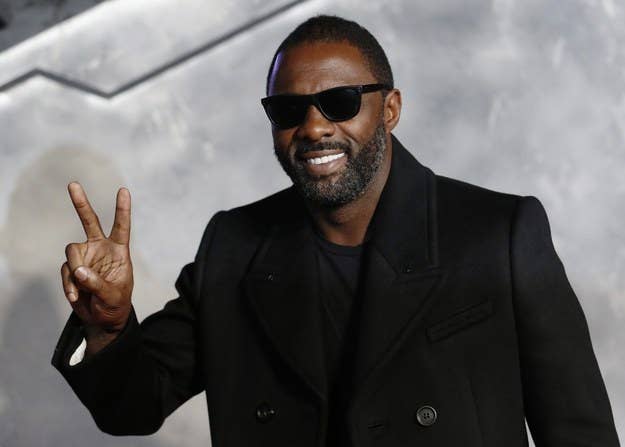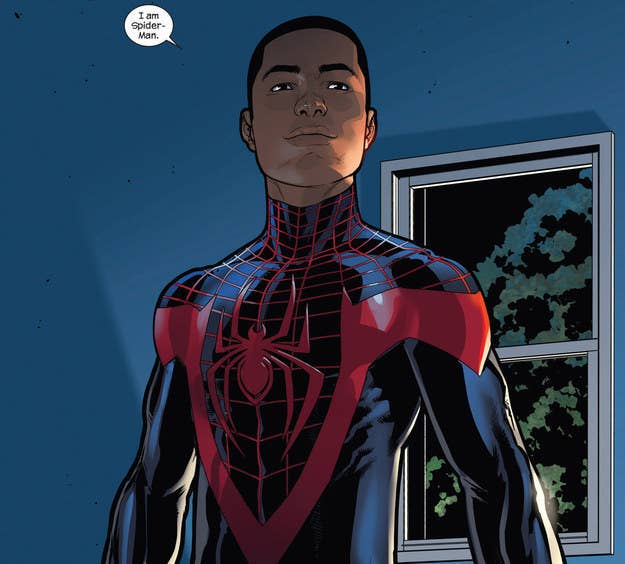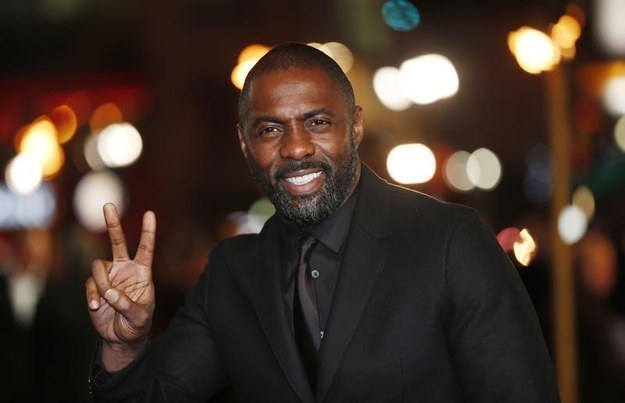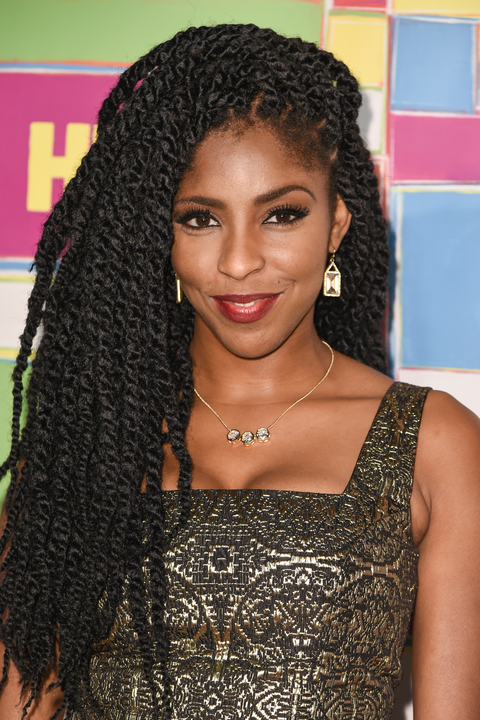
Over the last 15 years, there has been a marked surge in performative fandom. What used to be niche or "special interest" (read: known to a vast underground but pointedly unexplored by mainstream outlets) has slipped into the spaces it once never hoped to enter. People now talk about cosplaying and fan fiction - among other things - with an ease that brooks no argument and expects no query of legitimacy. Blame or praise the internet: Information is disseminated within seconds, and fandoms can organise like never before. The results are exciting, sometimes resulting in mass fan actions such as "save our show" campaigns, in which fans bombard studios with specific items from dead or dying projects (see Chuck and Jericho for a masterclass of the method) until their demands are met.
But the bedrock of fandom's core interest is much more quiet and insular. Fans are enjoyers first and foremost, so a lot of fandom is preoccupied with discussing the object of obsession/interest. Forums, comment sections, and hashtags all have their parts to play in this regard – and fans do what fans have always done, i.e. they fancast their favourite movies and television shows long before, and long after, the studios do. It may be beyond our control that Tobey Maguire has been cast as Spider-Man, but who's to stop us from imagining a world in which Peter Parker might be somebody entirely different?
The "somebody entirely different" option is one that fans really love. The earliest fancasting I ever engaged in was almost always like-for-like. So: What if Darkwing Duck were to be replaced by Donald Duck? Or what if Lark Voorhies (Lisa Turtle on Saved By The Bell) was also cast as Angela Moore on Boy Meets World? Inevitably, this simple exchange matured into something even wider - why not go the whole hog and race and genderbend TV and movies as well?

In his essay about the recent centenary of the feature film and our reluctance to celebrate the anniversary, Godfrey Cheshire makes a salient point about race and cinema. "While it surely helped launch the American feature film industry," Cheshire writes, "...the controversy and polemical fire generated by Birth Of A Nation proved a negative incentive for Hollywood producers, who in later decades scrupulously avoided racial themes and relegated African-American characters to background roles as mammies, butlers, and entertainers." The bias against nonwhite performers and behind-the-scenes personnel has been present in cinema since the very beginning, baked into the industry's very foundation. The repercussions are still being felt today. Fancasting that crosses race and gender lines opens up new possibilities for fans, and for the stories being told.
How thrilling it is then, to reimagine an infinite number of movies and TV shows in which so many talented (and often overlooked) actors of colour find themselves with roles previously reserved for only white actors. Imagine, as the Tumblr fan cast below does, a world in which our beloved Friends were black and Asian, rather than monochrome white. Or an alternate reality in which Fringe's Walter and Peter Bishop were Pakistani-American? Does it necessarily change the content of the final product? If yes, why? If no, then why not?
Which brings us to the issue of Idris Elba.

Specifically: Naming Idris Elba for every damn role in Western television and cinema.
The new James Bond? Have you considered Idris Elba? The next Doctor? I dunno, but I reckon it should be Idris Elba. A King Arthur film? Hey, what about casting Idris Elba? A Mary Seacole biopic? Guys, I know it's left field, but have we thought about Idris Elba for the lead role?
I was reminded of this fancasting tic in the wake of Jon Stewart's announcement that he was quitting The Daily Show after almost two decades. The nominations for his replacement came thick and fast, and alongside the usual suspects came the name of Jessica Williams, already a correspondent on the show, and a fan favourite.
Full disclosure: I joined in, as any good fan does.
If Jessica Williams wants it, I hope she gets the Daily Show presenting gig. She's the best.
Turns out Jessica Williams didn't want the job, flattering though she found the vote of confidence from fans. She tweeted as much.
But that didn't stop one writer (who has since apologised) from diagnosing Williams with a case of Impostor Syndrome, the cure for which would likely come wrapped in a pep talk from the likes of Luvvie Ajayi and Ta-Nehisi Coates, among others. William - and others - did not appreciate it. And I get it.

What is betrayed in these types of fancasting is a lack of imagination. An ignorance of anyone but whoever happens to be "so hot right now". It's understandable: We are wired to think of the highest profile; the person who features in the "Previously, on The X Show" reel at the front of our minds. And these are not necessarily bad things: It shows you're maybe thinking about the underrepresentation of people of colour in the culture, and recognise that it needs to be addressed. And these actors are talented, charming, and capable performers. But it also suggests a shallowness of knowledge - the same actor(s), suggested for every role(s), over and over, regardless of suitability (on the grounds of age/physical appearance/comedy or drama chops/whatever, ad nauseam. It gets to be irritating.
It might not be the type of racism that kills, or shouts abuse in the streets, or discriminates against your name at the top of a CV or a rental application, but it shares the same seed. This is a more benign strain of the disease, relegated to a lower status because it involves pop culture, and its intentions are so fine. It's subtle, but it's subtly damaging. It's also really goddamn lazy.
